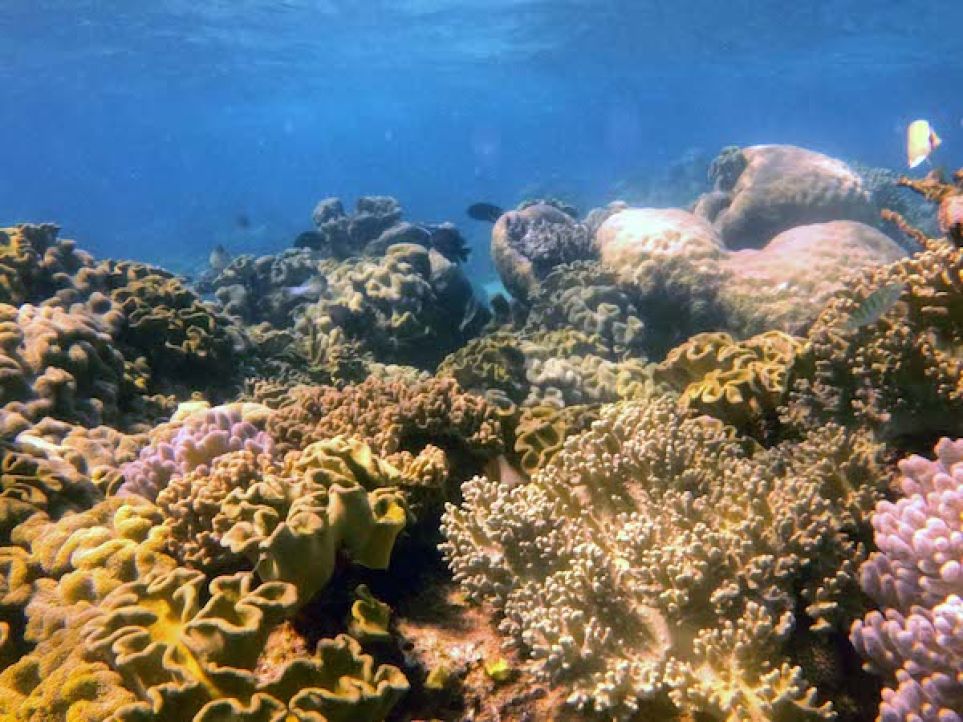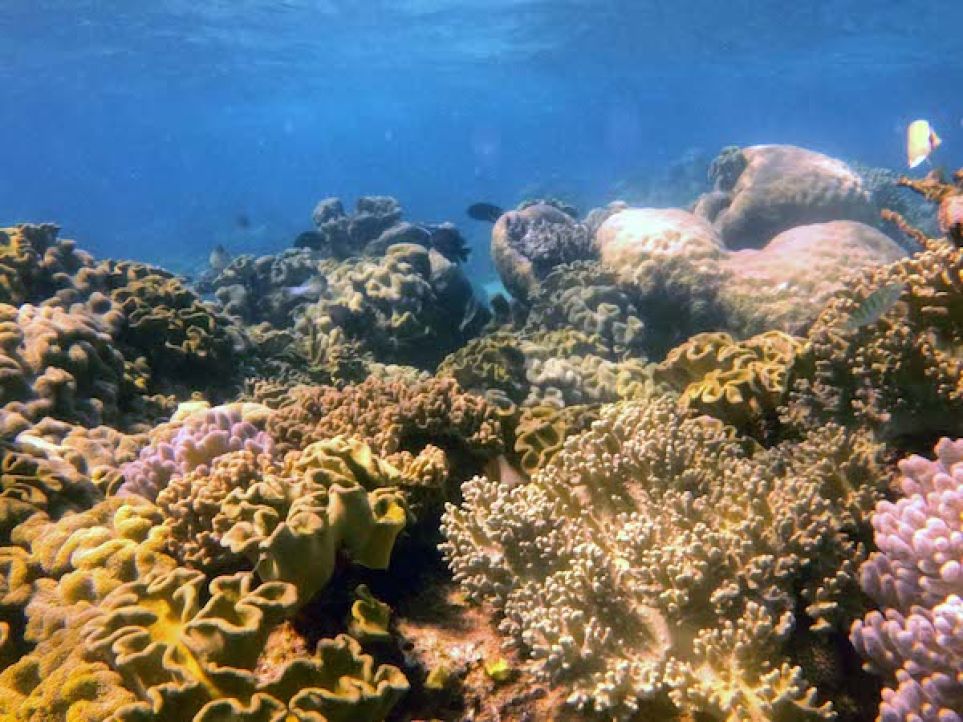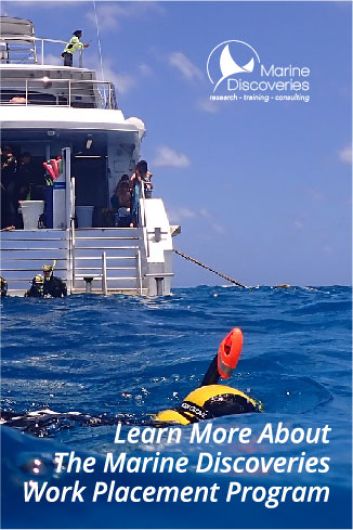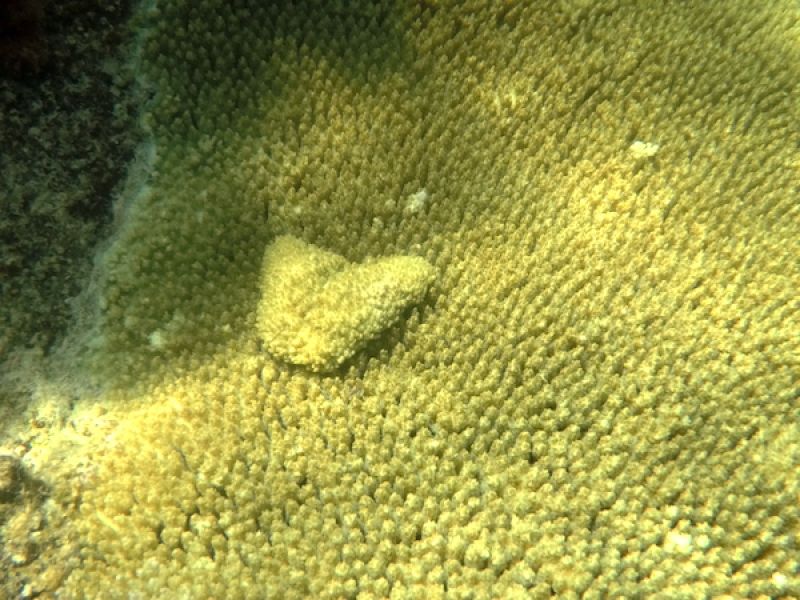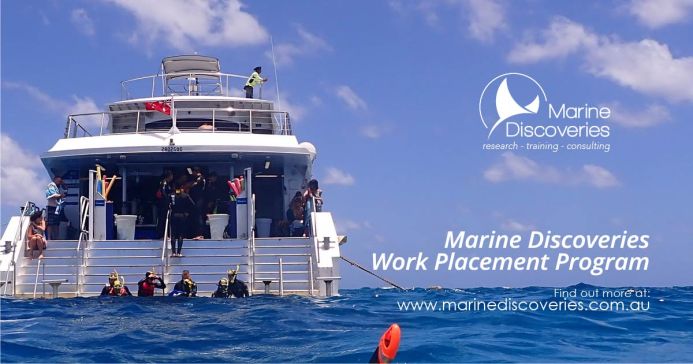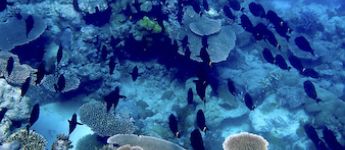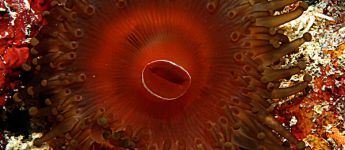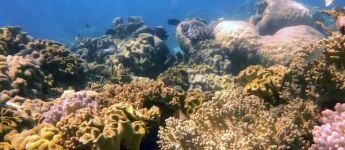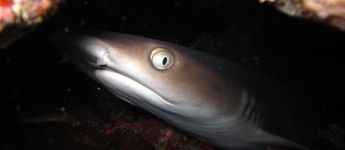Plastic Free July.
You may have heard the grave prediction that by 2050, there will be more plastic than fish in the ocean. With plastic use projected to double within the next 15 years, scientists are working on solutions for plastic waste, given that plastic, on its own, takes hundreds of years to decompose.
A study by our local university, James Cook University, brings to light that plastic waste has already been found on most parts of the Great Barrier Reef. Over the course of three years, scientists studied 66 seawater tows in just one very small area of the reef, and 92% of the small fragments that were found in these samples were plastics. Most of these plastics came from fabrics of some kind, and microplastic concentrations were found to increase with extreme weather events such as flooding that pushes more out of our river systems.
Plastic pollution has negative impacts on all environments but on reefs, they can cause coral bleaching, diseases such as Salt and Pepper disease or Brown Band Disease, and even skeletal anomalies that are corals equivalent to benign tumours. Microplastics can cause corals to starve, eating microplastics instead of nutritious phytoplankton will cause them to have full ‘stomachs’ but get no nutrients from it. They can even go so far as to physically damage individual corals and limit where new corals can grow!
So, what can you do?
Collective action is necessary at government and industrial levels but as individuals, you can have a huge impact too. No action is too small; every positive change we make can have a positive effect on our beloved reef.
One of the biggest impacts on our environment are single use plastics. Sometimes this can be hard to change. Often companies and other websites will tell you to shop at bulk food places to reduce your packaging. Bulk food places are fantastic for getting things if you just want a small amount and know that if you were to buy a big bag, then the rest might go to waste.
The downside of bulk food places is that the average cupboard staples such as flour and pasta, we’re not going to lie, are often more expensive than the supermarkets. And as much as we suggest and recommend it, with the price of living being what it is at the minute, do what you can. DO NOT beat yourself up if every single thing you buy isn’t plastic free. There are enough things to stress us out in life at the minute, you physically can’t worry about it all.
Instead, what you can do is buy bulk. For instance, that pack of flour? Buy the big one in the most sustainable packaging you can find. Store it in sealed bins and boxes rather than in the bag and that 1kg of flour will be good and fresh for 6 months, even up to a year if kept in the fridge! Avoid products that are individually wrapped, one lot of plastic wrapping is better than 6 and make sure your water bottle goes everywhere you go!
Basically, what we are saying is just do something. Do lots of somethings if you can but the important part is doing it! If you want to get more ideas of how you can make changes, check out the website https://www.plasticfreejuly.org where it even gives you ideas on how to appeal to your local councils and governments for even bigger changes!
Written by Lucas Williams and Brian Chasanoff - June Interns
About the Author

Abby Seymour

Marine Discoveries
Organisation

85 Lake Street Cairns,
Queensland. 4870
Australia
+61 (0)7 4031 7794
ABN: 93 643 207 845
Marine Discoveries acknowledges, recognises and respects the Elders, families and forebears of the the Bama Peoples – the Aboriginal rainforest people who are traditional custodians/owners of the lands that cover our region. We also acknowledge, recognise and respect other Aboriginal and Torres Strait Islander people who call our region and the Great Barrier Reef their home.
ABN : 93 643 207 845

